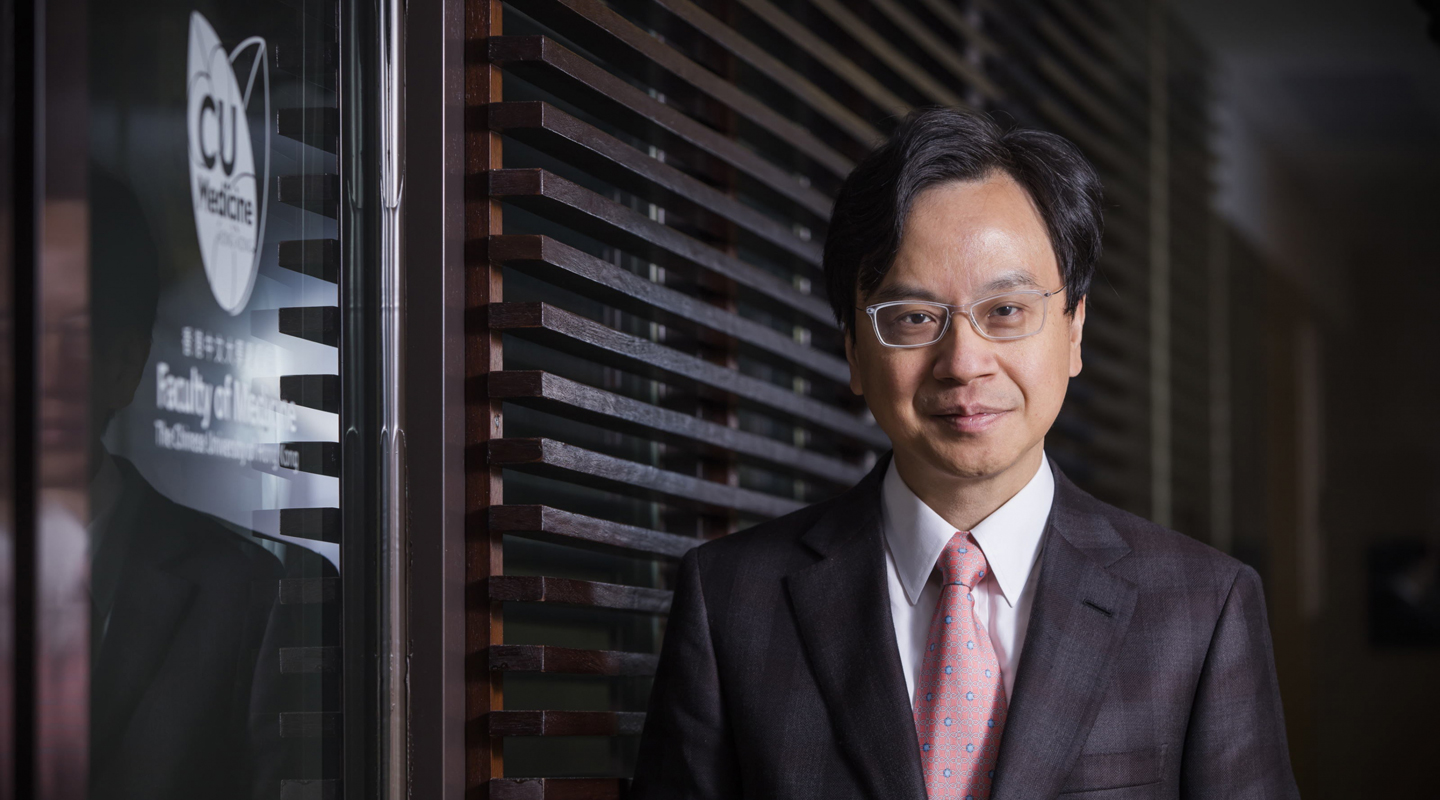Breakthrough Through and Through
And the Oscar goes to…

The Oxford English Dictionary offers this definition for breakthrough: ‘A significant or sudden advance in knowledge or achievement; a development or discovery that removes an obstacle to progress; an instance of achieving success in a particular sphere or activity.’
While the dictionary meaning is clear enough to understand, truly groundbreaking trailblazing breakthroughs are hard to come by. This is perhaps why a group of notable people, Sergey Brin of Google and Mark Zuckerberg of Facebook among them, founded in about 2012 the Breakthrough Prize to give recognition to the world’s top scientists who have made advances on the deepest questions. The prizes, each valued at US$3 million, come to be known as ‘The Oscars of Science’.
On 10 September, the Breakthrough Prize announced its latest crop of laureates in the fields of life sciences, fundamental physics, and mathematics. One of the ‘Oscars’ in life sciences goes to Prof. Dennis Lo of the Faculty of Medicine at CUHK, in recognition of his significantly advancing the knowledge of fetal DNA and developing prenatal testing of Down syndrome and a variety of genetic diseases.
Professor Lo proved that the DNA of a fetus could be found in the blood plasma of the mother. He went on to develop a new non-invasive method for the prenatal testing of Down syndrome which averts the risk of miscarriage inherent in traditional invasive methods. The new method has since been widely adopted in over 90 countries and benefited millions of pregnant women every year.
In addition to expressing gratitude to the awarding committee, the professor said, ‘It is most rewarding to see my scientific works being translated into clinical applications, widely used around the world and benefiting lots of families. This recognition has highlighted that paradigm shift in medical practice that has resulted from plasma DNA testing. I hope more and more young talent will be joining us in the pursuit of innovation and technology. Together we strive to make a positive impact and make a difference to the world.’
In recent years, Professor Lo and his team have taken their research findings to developing detection techniques to prevent and treat different cancers and diseases. For that, he and individual members of his team have received numerous international honours and awards.
Professor Lo’s breakthroughs lie in his continuously removing obstacle after obstacle to progress in medical understanding and patient care. His eye is always trained on deep questions in the present in search of possible answers for the future.
Congratulations, Professor Lo!
By tommycho@cuhkcontents

